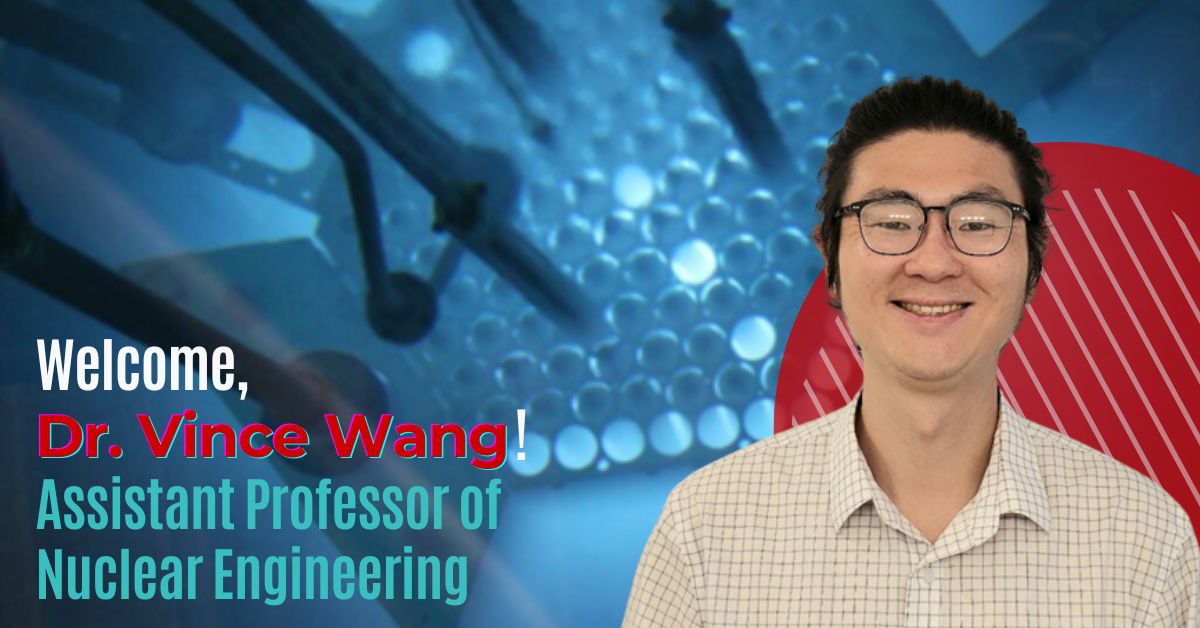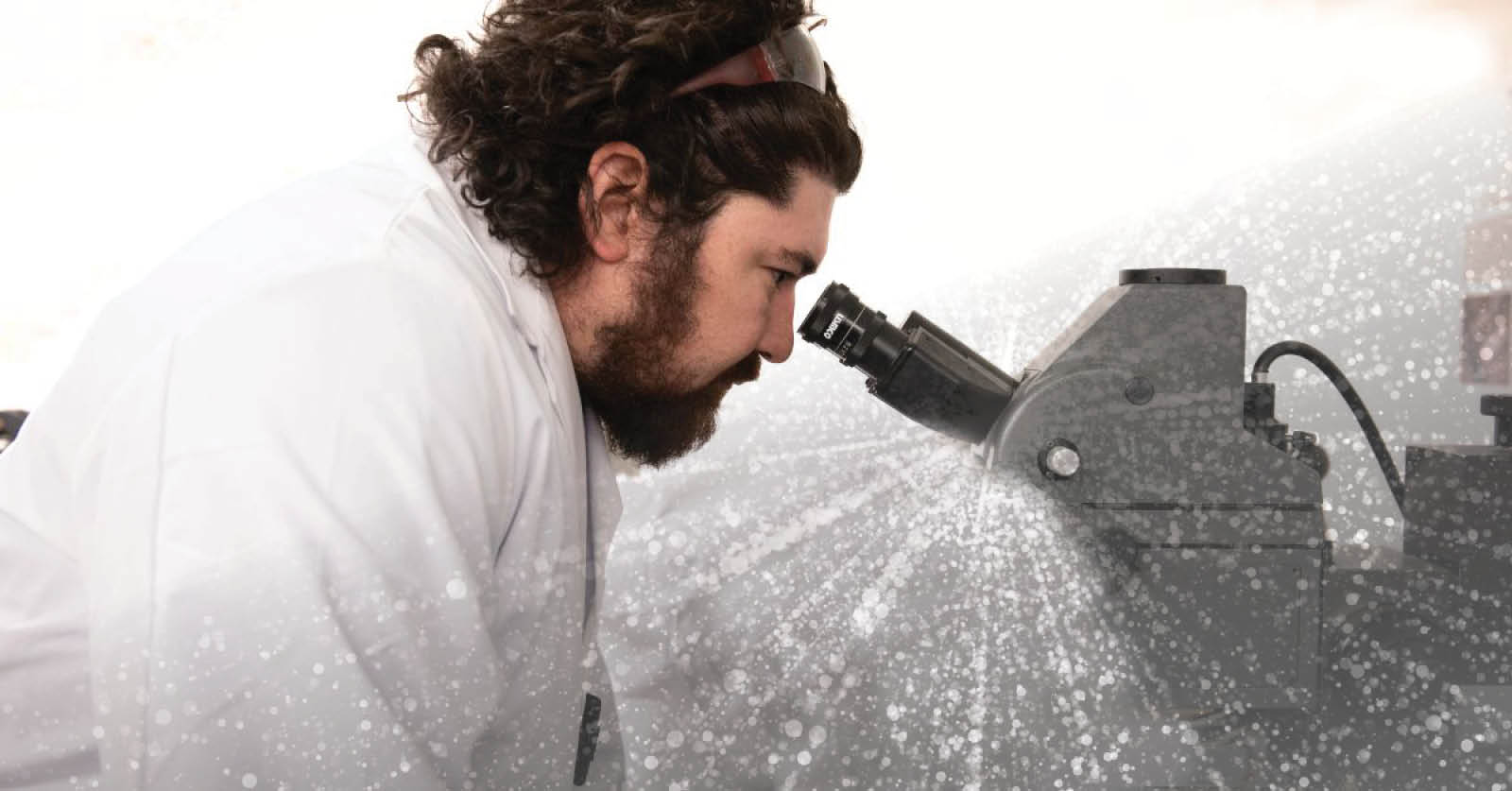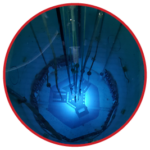University of Utah Research is Improving Radiation Detection
Congratulations to Taylor Kimball, A PhD student in Nuclear Engineering at the University of Utah, whose research has been published in the prestigious Nuclear Technology journal!
Kimball’s innovative work introduces a new method to create calibration standards for use in radiation detectors at radioxenon measurement labs, which support the Comprehensive Test Ban Treaty (CTBT). His research supports the CTBT by providing better tools for detecting nuclear explosions, ensuring more accurate monitoring and compliance with the treaty.
Performed for the Washington State University (WSU) TRIGA reactor, Kimball’s work was supported by funding from Idaho National Laboratory (INL), Battelle Energy Alliance, LLC, and the Energy Solutions Presidential Endowment from the University of Utah.
Nuclear Technology aims to be the leading international publication reporting new information on the practical application of nuclear science for peaceful uses, including reactor design, waste management, and health physics.
Taylor Kimball, set to graduate next May, has been with U of U’s Nuclear Engineering Program (UNEP) since August 2022, focusing his research on computational radiation transport. Working with Dr. Glenn Sjoden, Kimball’s work specializes in fuel burnup and depletion calculations, as well as cross section generation. He recently presented his work on new reactor efficiencies at the 2024 American Nuclear Society (ANS) Annual Conference, a leading event for nuclear science and engineering professionals.
Congratulations to Taylor Kimball and Dr. Glenn Sjoden on this remarkable achievement!
About UNEP
The Utah Nuclear Engineering Program (UNEP) is responsible for educating the next generation workforce in critical nuclear engineering fields and developing innovative procedures and technologies for the advancement of nuclear applications.
Our curriculum is designed for engineers and scientists involved in the nuclear power and radioactive waste industries, nuclear medicine, homeland security, radiation safety, and nuclear materials detection. We offer an undergraduate minor and two graduate degrees (M.S. non-thesis and Ph.D. in Nuclear Engineering).
More news from our department:

Welcome (Back) Dr. Vince Wang to the Utah Nuclear Engineering Program (UNEP)!
We’re excited to announce that Dr. Vince Wang will be returning to the University of Utah as an Assistant Professor of Nuclear Engineering starting August 2025. With an impressive track record spanning both academia and nuclear industry, Dr. Wang brings invaluable expertise to our growing program. Dr. Wang previously worked at Radiant, a cutting-edge microreactor […]

Bridging Nuclear Science and Public Health for Medical Breakthroughs
Cametrius Warren’s Research is Changing Medicine — and Minds. Cametrius Warren leans over a lab bench, carefully handling biological samples as part of her research at the University of Utah. A first-year Ph.D. student, Warren is not only dedicated to advancing nuclear medicine but also to changing the way the world perceives radiation. Originally from […]

Nuclear Detective: U of U Professor’s Research is Enhancing National Security
Quantum Science and AI Meet Nuclear Forensics Detecting and analyzing nuclear materials is a critical challenge in global security, yet current methods often struggle with accuracy, efficiency, and scalability. One of the biggest gaps in nuclear forensics is the lack of advanced materials capable of reliably sensing radiation and providing clear, identifiable signals. Dr. Ed […]

New Nuclear Methods
University of Utah Research is Improving Radiation Detection Congratulations to Taylor Kimball, A PhD student in Nuclear Engineering at the University of Utah, whose research has been published in the prestigious Nuclear Technology journal! Kimball’s innovative work introduces a new method to create calibration standards for use in radiation detectors at radioxenon measurement labs, which […]

